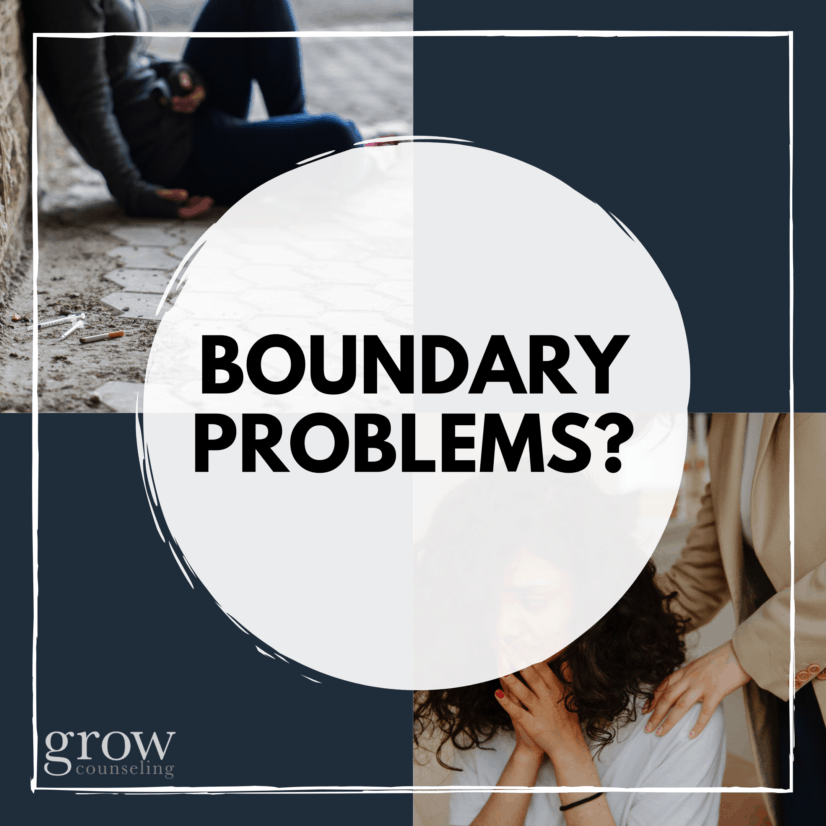The following list comes from one of the treatment manuals we use when working with Substance Abuse & PTSD titled: Seeking Safety by Lisa M. Najavits and can be used as a helpful tool to further understand the boundary problems you may be experiencing due to Substance Abuse or PTSD.
People with PTSD and/or substance abuse may be prone to boundary problems, such as the following:
- Extremes: trusting too much or too little; isolation or enmeshment.
- Relationships that are brittle (easily damaged, fragile).
- Tolerating others’ flaws too much; doing anything to preserve the relationship.
- Use of substances as an attempt to connect with others.
- Avoiding relationships because they are too painful.
- Overcompliance at times; too much resistance at other times.
- Always being the one to give.
- Spending time with unsafe people.
- Not seeing the hostility in others’ words or actions.
- Being overly angry, with a hair-trigger temper; often ready to “blow up.”
- Difficulty expressing feelings; expressing them in actions rather than words (acting out).
- May respect men for being “strong” and disrespect women for being “weak.”
- Feeling that one can never get over a loss; not knowing how to mourn; fear of abandonment.
- Difficulty getting out of bad relationships.
- Confusion between fear and attraction (ie: feeling excited when it is really fear)
- Relationships with people who use substances.
- Living for someone else rather than yourself.
- Manipulation: guilt, threats, or lying.
- Reenactments: getting involved in repeated destructive relationship patterns (ie: recreating the trauma roles of abuser, bystander, victim, rescuer, or accomplice)
- “Stockholm Syndrome”: feeling attachment and love for the abuser
- Wanting to be rescued; wanting others to take responsibility for the relationship.
- Confusion about what is appropriate in relationships: What can one rightly expect of others? When should a relationship end? How much should one give in a relationship? Is it okay to say “no” to others?
- “Identification with the aggressor”: believing the abuser is right.
Make a note of which ones you notice for yourself to process with either your therapist or another safe person you can talk with.
Written by: Betty Gebhardt

